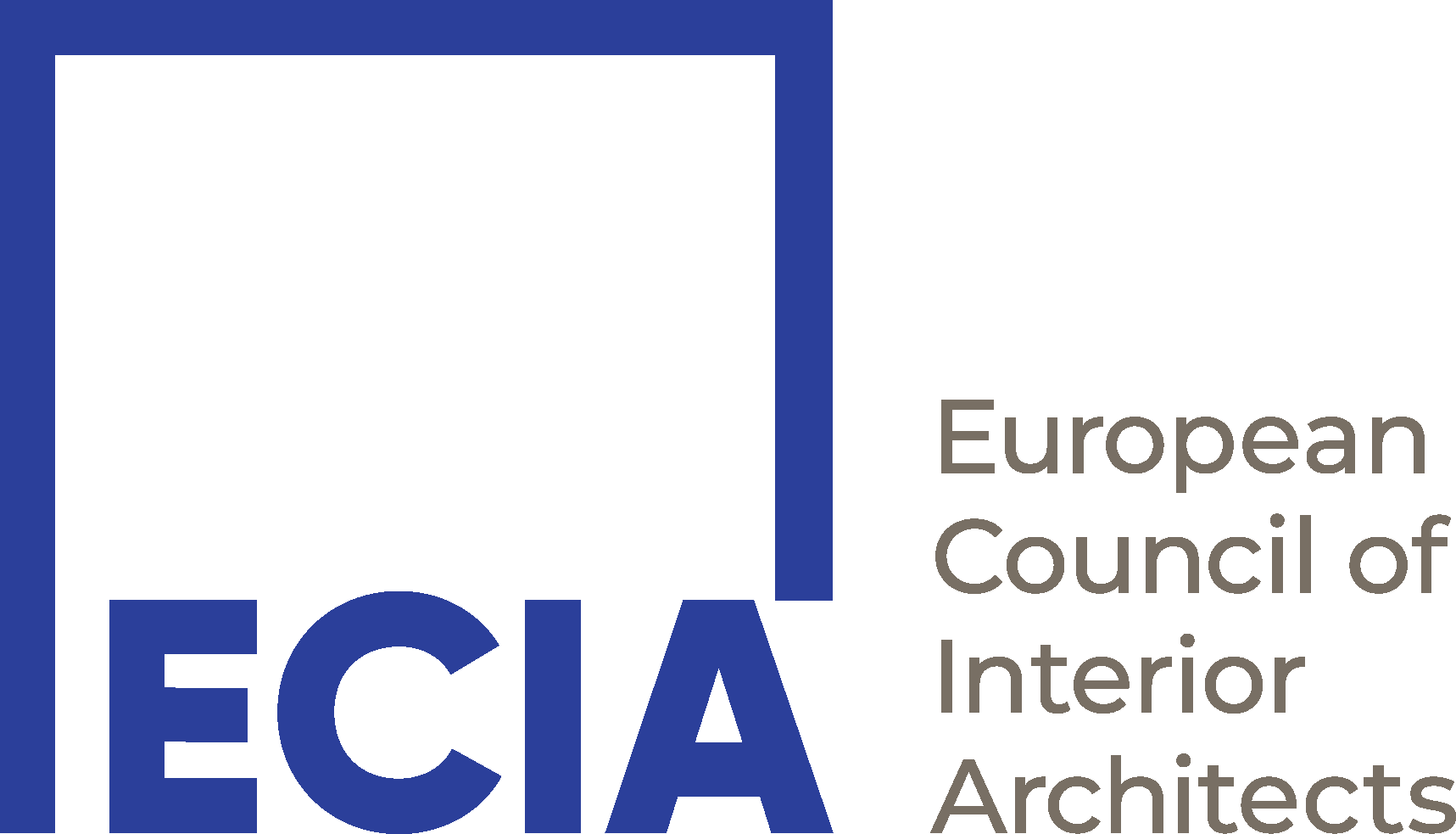Service Package of EU has an Impact on Profession of Interior Architects/Designers
Within the strategy to create a single market the European Commission published four initiatives for improving the free movement of services: a new European Services e-card, a proportionality assessment of national rules on professional services, a guidance for national reforms in regulation of professions and an improved notification of draft national laws on services.
Interior architects/designers provide as a liberal profession mainly services. The ECIA has therefore actively observed the ongoing legislation procedures. Some experienced national organizations have been involved in this process by the board of ECIA.
Moreover, the Conseil Français des Architectes d’Intérieur (CFAI, French member of ECIA), submitted two proposals of amendments to the European Commission in liaison with ECIA. This action is accompanying their ambition to create a reserved denomination for interior architects on national level. Their line of argumentation is based on the type of risk linked to public interest, in particular for the consumer. The absence of expertise is very likely to lead to errors and faults in design that are prejudicial to the client.
The projects of interior architects/designers don´t end anymore at the state border – German interior architects work in Spain, French interior architects in Germany, etc. The new European Services e-card should support this kind of cross-border service provision. A simplified electronic procedure aims to make it easier to fulfil the administrative formalities that are necessary to provide services in other EU Member States. To ensure maximum transparency about a service provider in its home Member State, the e-card will contain a key set of data:
- Identification of the provider, including references to company registers, VAT numbers, registration with a social security system;
- Identification of the Member State where a particular service activity would be offered;
- Information about a qualification or certification required in the home Member State;
- Information about the good repute (e.g. professional sanctions in the past);
- Information about existing insurance coverage.
The proposed regulation and accompanying directive aim to tackle remaining obstacles through the introduction of a European services e-card, meant to increase and simplify cooperation between home and host Member States, as well as through the simplification of the procedures applicable to cross-border service-providers. The profession of interior architects/designers is subject to quite different requirements across the EU. Moreover, additional 'conduct' rules apply, especially in the construction sector. The interior architect/designer is embedded in multiple layers of regulation. Professionals working abroad often experience high bureaucratic obstacles in different countries.
The proportionality test aims to guide the way Member States assess whether new service regulations are needed, so that new rules actually safeguard important objectives such as health and safety, and do not make it more difficult than necessary for people to offer their services.
The ECIA continues to accompany the ongoing legislation procedures, always with the focus on a high common level for the qualified profession of interior architects/designers.
